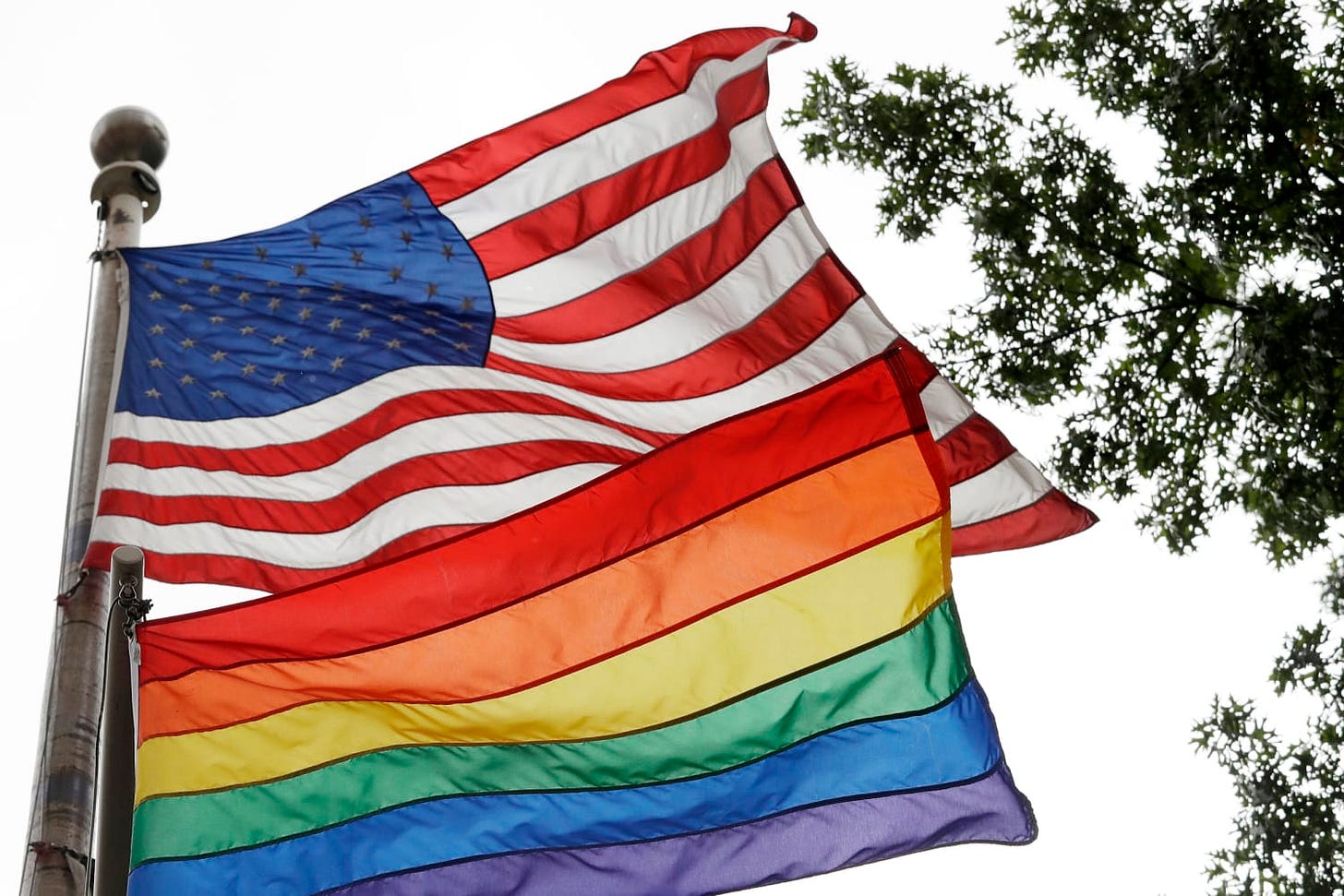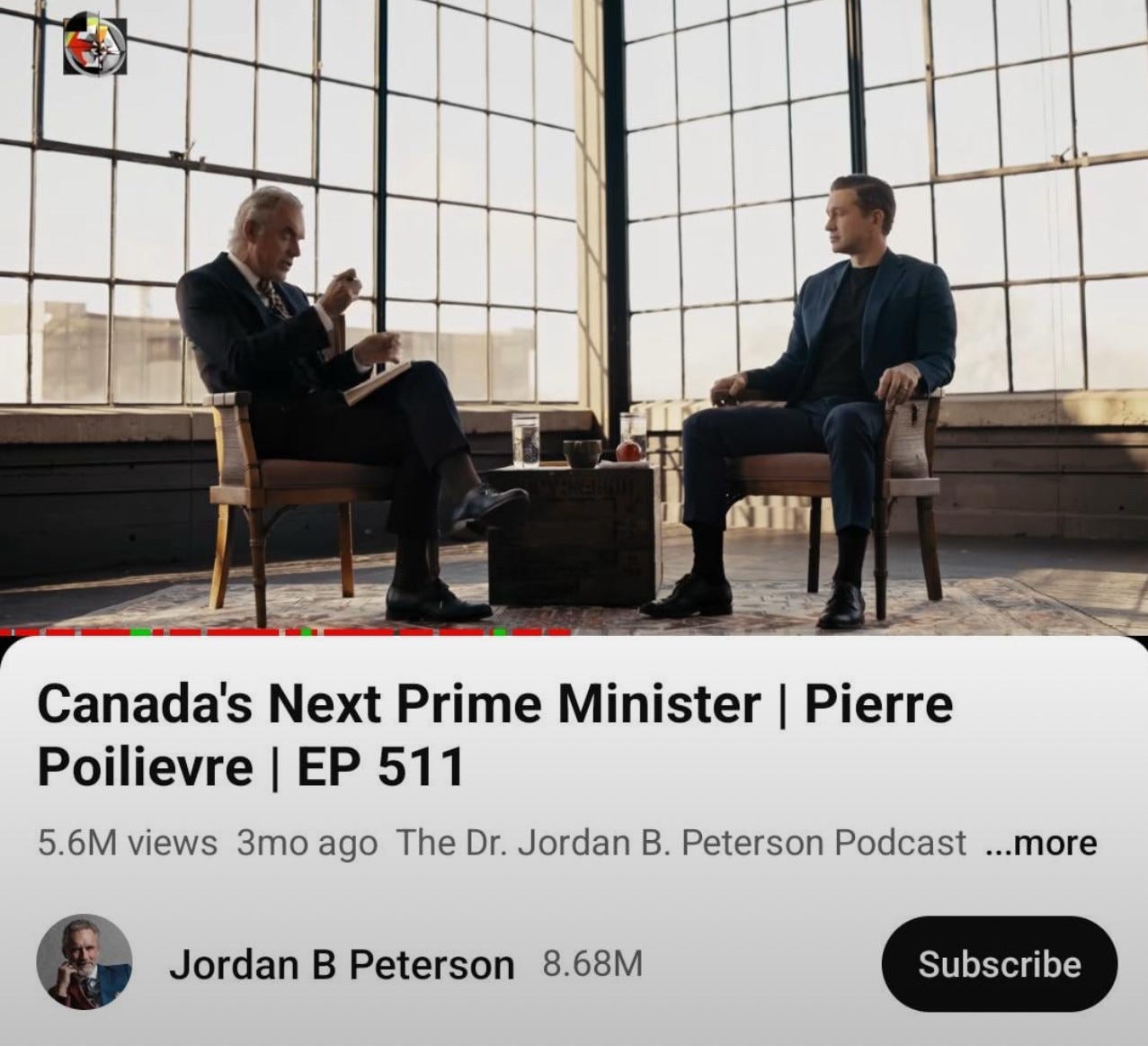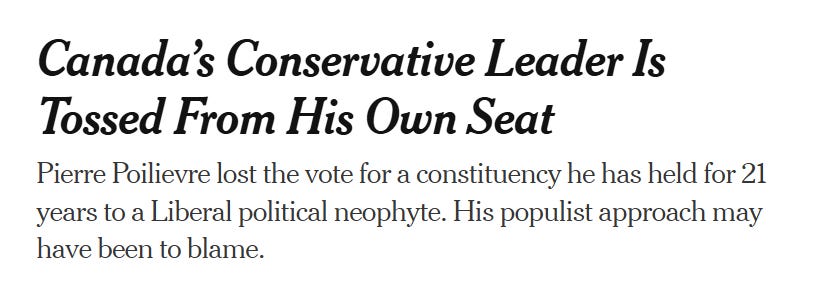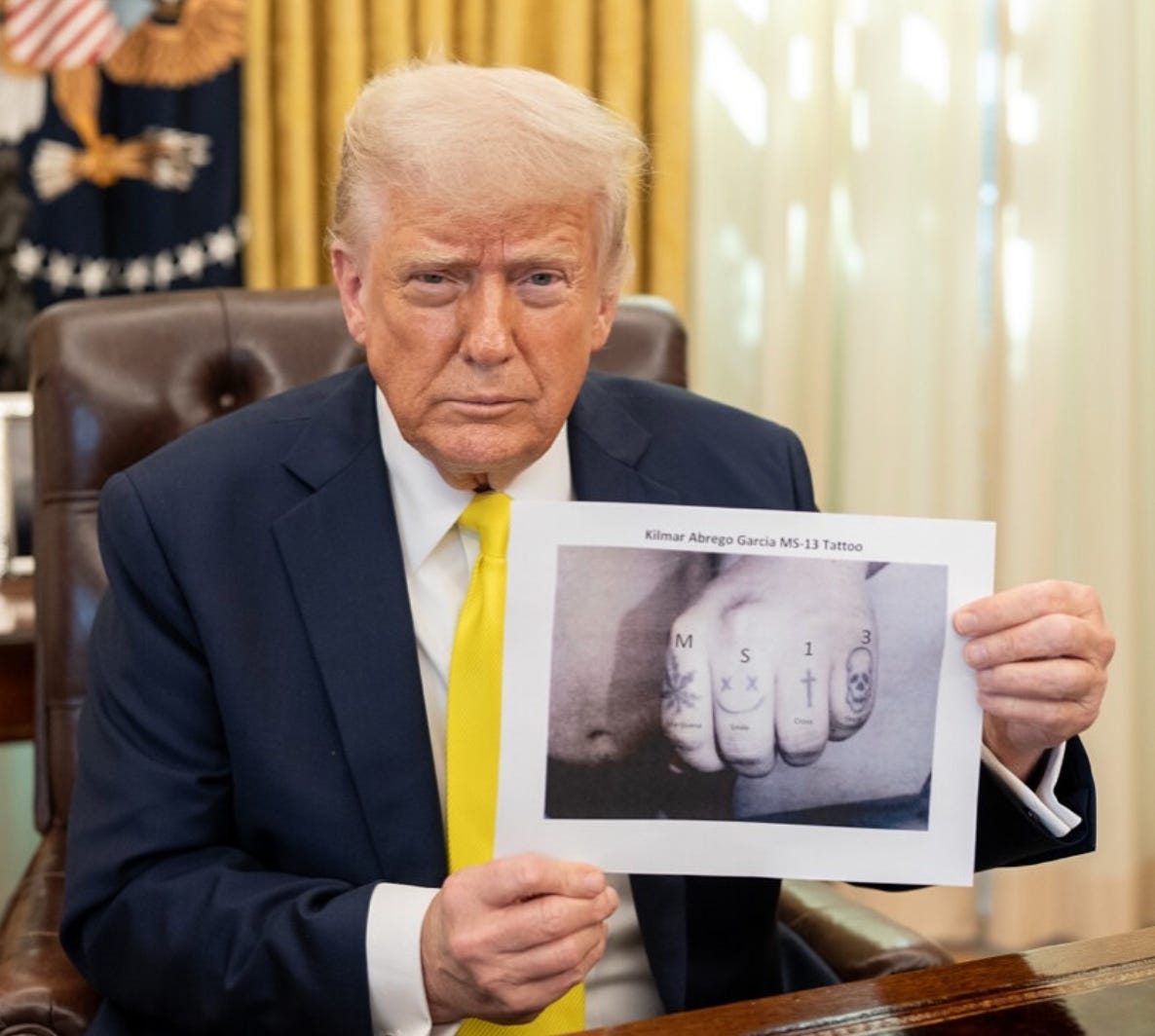
Motherhood, it is often said, is the hardest job in the world. I’m not sure that’s true, but I do think parenting in the captivity of an unforgiving society may be one of the most impossible jobs in the world. You’ve heard the usual litany of feminist complaints about mothering in America, from our total lack of mandatory paid leave to our lack of affordable childcare to our lack of affordable housing to our lack of a national healthcare system to our lack of a universal ability to even choose or decline motherhood in the first place. It’s mothers who largely figure out how to close all of these gaps: How to drag themselves back to work while C-section incisions are still healing; how to stretch a paycheck to cover rent; how to cobble together family and neighbors, or sacrifice their own work lives and life-long financial wellbeing, for never-enough childcare.
But it’s not just these obvious things that mothers need. Mothers, perhaps more than anything else, want to keep their children safe and healthy. But in the US, health and safety have been made into individual pursuits shaped by individual circumstance: What you choose to eat, whether you choose to exercise, whether you can afford decent health insurance, whether you an afford to live in the kind of community that has clean and accessible public parks.
But mothers can’t protect their children from the air around them. They can’t entirely protect their children from water contaminated by pollutants, from grass poisoned by pesticides, from potentially toxic chemicals in so much of what we touch — including baby toys and food packaging. They can’t individual-safety their way out of collective problems
It’s almost Mother’s Day, and this week I’m thinking about maternal worry: How we put the weight of worry on women’s shoulders, expecting mothers to optimize the well-being of their children when, really, much of what threatens children’s health and wellbeing can’t be solved by any mother, or any person, alone. If we want to keep babies and children safe, then we need societies that collectively take on this maternal worry. We need societies that decide that (credit to Mr. Baldwin) the children are always ours, and the children are all of ours — a collective responsibility.
Every mother I know worries endlessly about the safety of her children, beginning before they are even born. What’s safe to eat during pregnancy? Can I have a glass of wine? Can I go skiing? How much coffee is ok? Which prenatal vitamin is best? Is my infant getting enough to eat? Is breast best or is fed best? Is my baby breathing? How do I bathe a fragile baby-bird newborn? How do I hold a squiggly toddler in a bathtub? Is she sleeping on her back? Is he hitting his milestones? Am I spending enough time with her? Are my sockets covered? Is the yard fenced? Can he choke on that? Can I let her out of my sight on the playground for five seconds? Is this too much screen time? Is he getting enough enrichment for a developing brain? Am I being too much of a helicopter parent? Is she able to play independently? Is he securely attached? (And I won’t even get into the terror of the adolescent and teenage years).
As I sit and write this on Thursday morning Hong Kong time, the world’s five most polluted cities — cities where the air quality is at this moment so bad it’s unsafe to be outside — are Delhi, Lahore, Beijing, Kolkata, and Dhaka. These five cities are home to nearly 90 million people, and while I can’t find exact numbers on how many of those people are children, it is safe to say that at this exact moment, tens of millions of children are living in places where they cannot safely breathe the air. More affluent families can live in larger homes with sealed windows and air purifiers. But there is not a single mother in any of these cities — and in any city, town, or community around the world — who can protect her child from the air everyone breathes.
It’s not just moms in Delhi who need to worry. Ninety-nine percent of the world’s population now lives in areas where the air quality does not meet World Health Organization standards for safety — including one-third of all Americans. Women who breathe polluted air while pregnant, and the fetuses they carry, “are at increased risk of adverse health outcomes such as maternal hypertensive disorders, postpartum depression, placental abruption, low birth weight, preterm birth, infant mortality, and adverse lung and respiratory effects,” according to one recent scientific publication on the impacts of pollution on pregnancy. Babies exposed to polluted air in utero have worse lung function. They are more likely to be born underweight. They have elevated risks of autism, behavior problems, and cognitive difficulties including low IQ. Babies and children growing up breathing polluted air have permanently lower lung function, and they cannot regain it in adulthood. Our air is bad largely because of fossil fuels: The things we burn that then wind up in the air and poison billions.
There is no way to fully protect yourself or your child from air pollution. For that, we need government action. I live in a city that has pretty decent air quality in the context of a pretty polluted region, but there have been days when I’ve been out walking or hiking and I realize that my lungs and eyes physically hurt, or I see the sky turn green-gray or even orange with pollution, and I glow with rage. Some 87 million people live in the Guangdong–Hong Kong–Macao Greater Bay Area, and it is not always safe for us to breathe. This is far from unique to Hong Kong. If you live in Bakersfield, California, or south Los Angeles, or the west and south sides of Chicago, or a host of other US cities, your average day is spent breathing air that is many times more polluted than the WHO says is safe. And that is entirely because of political choices. Big corporations too, of course — but mostly politicians, who could rein in big polluters if they chose to.
Under Donald Trump, the official mantra may be “drill baby drill,” but the reality has also been “burn baby burn” — the lungs and lifespans of actual babies be damned. In the Atlantic, Zoë Schlanger writes that “So far, the EPA has announced that it will pursue a suite of rollbacks of environmental rules, among them a Joe Biden–era update to standards for particulate matter that were meant to be fully in force by 2032 and that the Biden EPA projected would, in that year alone, prevent up to 4,500 premature deaths and 800,000 cases of asthma, reaping up to $46 billion in health benefits. It also plans to reassess a rule limiting the amount of airborne mercury and arsenic that power plants can release.” The Trump administration just suspended air quality monitoring at US national parks. They are taking aim at the Clean Air Act and the Clean Water Act.
Air pollution is particular pernicious because we can’t always see it, and it’s hard to quantify individual cause and effect. When your community floods because of rising sea levels or heatwave-fueled wild fires burn down your house, the effects of climate change are obvious. But if you have a heart attack at 55, how much of that do you really attribute to polluted air, versus diet, lifestyle, and genetics? If a loved one’s Parkinson’s disease or Alzheimers progresses quickly, how much of that is bad luck and how much of it is bad air? How do you know if you’re on the path to dying a few years earlier than you would have if your environment had been cleaner? If your child is born small or struggles intellectually, what was encoded in their DNA, what were your actions, and what was your environment? Air is (usually) invisible. And the relationship between our air and our individual health outcomes is nearly as hard to see.
It’s also impossible to avoid. I do a lot of things to protect my health. I exercise every day. I drink a lot of water. I eat lots of vegetables, fruits, and lean proteins, and keep sugar and processed foods to a minimum. I go to the doctor when I’m sick, I get bloodwork done, I brush my teeth, I try to get enough sleep, I have air purifiers in every room of my home.
But I can’t not breathe.
In her book Matrescence, journalist Lucy Jones writes:
“Pregnant women, or those who want to become pregnant, must protect themselves from air pollution exposure not only for their own health but also for the health of their foetuses,” says Liqiang Zhang at Beijing Normal University, who found a link between exposure to air pollution and miscarriage. But how? By not going outside? I avoided heavily trafficked roads when I could but there was nothing, really, I could do to stop the baby being born pre-polluted. My carbon monoxide levels were read by a midwife via a pump – in case I was lying about not being a smoker, I presume – and were slightly higher than normal because I lived near a railway station. I walked to places through the local park, avoiding the locus of trains. But it stuck in the craw. I saw no sign of genuine urgency or action from governments to reduce air pollution and protect future generations at the most vulnerable period of their lives. I, though, had to avoid soft cheese and too much tea.
I think of this passage often, because it really does illustrate the screwy way we remove the burdens of worry and safety from our political leaders and society more broadly, and place them on women and particularly on mothers, expecting women to pretty radically reshape their lives to keep a fetus healthy and then a baby safe (and, it is worth noting here, criminalizing some who make decisions that prosecutors and politicians say imperil their fetuses). Many women are still told to cut out coffee, or do so out of an abundance of caution, even though the miscarriage risk from drinking as many as four cups of coffee a day seems to be lower than the miscarriage risk of high air pollution exposure. A visibly pregnant woman ordering a triple americano at Starbucks may get a few raised eyebrows, and god forbid a visibly pregnant woman sip a glass of wine in public — the shaming is real. But when was the last time you saw a Republican politician or a fossil fuel executive or a Trump voter shamed for the miscarriages and infant and child deaths their decisions are causing? (And I won’t even ask if you’ve ever seen the great fetus advocates of the “pro-life” movement try to make sure that fetuses don’t get their developing lungs polluted or their early lives lost, because we all know the answer).
It’s not just air pollution. It’s pesticides in places like public parks where children play, which were just banned in New York City a few years ago, and are still used in cities across America. It’s microplastics, the impacts of which we are just beginning to understand, but that we know are particularly harmful to fetuses and infants — exposure in utero can cause illness in adulthood. And microplastics are in everything from baby bottles (and can leach out even more from high-heat sterilization or when warm milk or formula is put into them) to baby toys to baby food containers (and grown-up food containers) to baby lotions. Parents can go to great lengths to avoid plastic exposure, and many do — but it’s nearly impossible to avoid entirely, unless you’re a homesteader who has little contact with the outside world.
You can start to see why so many health-obsessed subcultures — wellness women, crunchy-granola types, trad wives, and so on — are dominated by women, and why so many women who make up these subcultures are mothers. It can be radicalizing to be handed the responsibility of protecting a tiny being, one who did not ask to come into this world and is only here because you made it so. And it is perhaps impossible to accept that you and you alone cannot protect her from pollution in the air she breathes and the water she drinks, or toxins in the grass she touches and the toys, food, and milk she puts in her mouth. That your country won’t take basic steps to protect her — that you know many things the government told you were “safe” for children were found out to be, whoops, not — isn’t just enraging, it foments deep distrust. Who else is there but you? And, well, the internet, and what feels like a small minority of other people who are similarly concerned (this is also, I imagine, crazy-making for mothers who are concerned about, or even know about, these risks: All these hazards around and we’re just setting our kids on pesticide grass and handing them plastic toys to shove in their mouths?). In a culture as individualistic as ours and as wholly negligent when it comes to human health, it is not a long road from these concerns to the land of vaccine conspiracies and fluoride fears and RFK Jr.
These health conspiracies come in part from a very correct sense that the government really is leaving us on our own when it comes to our environment and our wellbeing. They are fueled not by stupid women, but by worried women. (And, well, a few stupid women, because women are people who like all people are sometimes stupid and sometimes believe stupid things).
I could have written a version of this newsletter about any number of environmental concerns, and chose air pollution mostly because it’s the one most impacting my own personal day-to-day right now (and plastics, my god, everything is wrapped in plastic down to apples at the grocery store and I’m moderately losing my mind over it). But it’s far from the only one.
On Mother’s Day — and every day — mothers deserve more than flowers, brunch, and praise. Mothers deserve a society that takes care of all of its members, not one that demands women protect their young and then places those young at impossible, unavoidable risk — or, I should say, risk that can only be truly avoided with government action.
Mothers have lifted cars, run into burning buildings, and literally fought polar bears to save their children. But no amount of maternal strength can pluck out invisible pollutants and toxins from the air, water, grass, food, and so much of what we touch. Do you want to honor mothers? Do you care about the lives of fetuses, infants, and children (and, uh, all of the rest of us)? Take some of the worry off of mothers’ shoulders by acting and voting as if the children were, in fact, always ours and all of ours.
xx Jill








